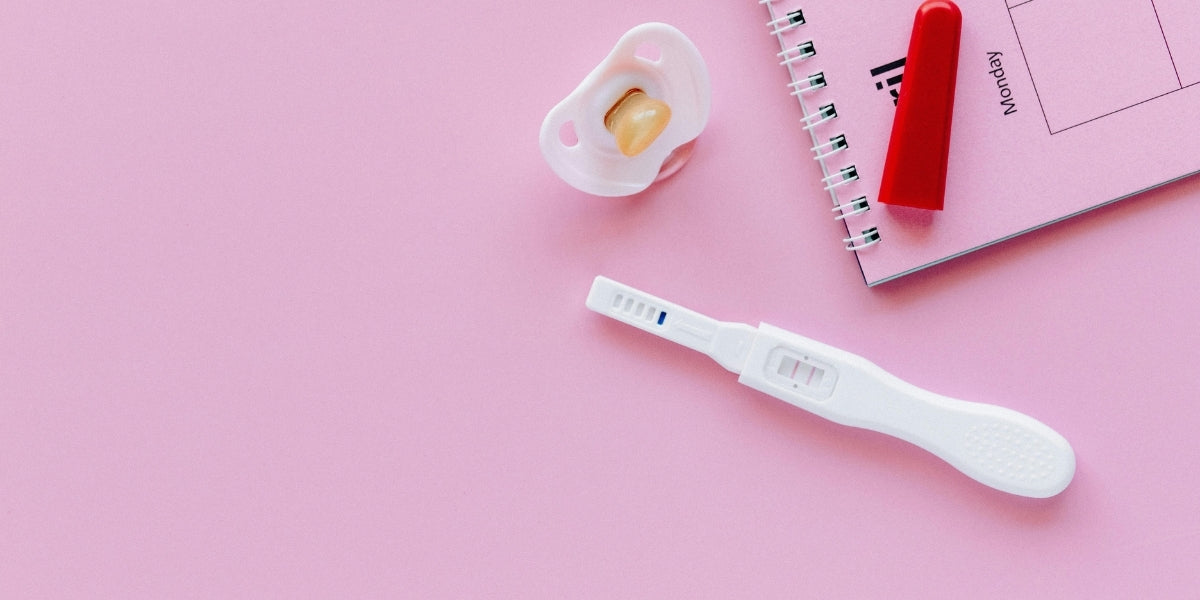Healing and Hope: A Guide to Conceiving After Baby Loss

Experiencing the loss of a pregnancy can be a profoundly personal and often painful journey. When considering trying to conceive again, feelings of both hope and apprehension are completely normal. Each story of loss, healing, and renewed planning is unique, and understanding the potential challenges and practical steps that may help along the way can bring comfort as you navigate this path. Here are some key aspects to consider as you approach this tender chapter.
1. Understanding Recurrent Miscarriage Risks
After a miscarriage, many worry about facing another. While this concern is common, it can be reassuring to know that, statistically, most people go on to have healthy pregnancies following a loss. About 80% of those who experience a single miscarriage will successfully conceive and carry to term in the future. The chance of future miscarriage only increases slightly after two or more losses. Recognising these statistics may provide comfort, giving you perspective on your journey as you move forward.
2. Identifying the Cause of Miscarriage
Miscarriage is a common experience, often occurring due to chromosomal irregularities that prevent the embryo from developing. While health factors like diabetes or specific uterine conditions may contribute in some cases, understanding that many miscarriages occur without a clear cause can be essential in preparing for a hopeful future. For many, accepting the unknowns surrounding miscarriage can be a meaningful part of the healing process.
3. Finding the Right Time to Try Again
Deciding when to conceive after a loss is a deeply personal choice. Physically, recovery can be quick, with many healthcare providers recommending a brief waiting period to avoid infection. However, emotional readiness is equally important. Allowing yourself time to heal and discussing readiness with your partner can help build confidence and foster a renewed sense of connection.
4. Exploring Testing After Multiple Losses
If you have experienced two or more losses, additional testing may offer some insight. Testing can include blood work to assess hormone levels, chromosomal evaluations for both partners, and imaging to examine any structural issues in the uterus. While these tests do not always provide clear answers, knowing your options and taking proactive steps can support peace of mind.
5. Making Lifestyle Adjustments for a Healthier Pregnancy
Making small changes to improve overall health is one way to prepare both physically and emotionally. Focusing on balanced nutrition, moderate physical activity, and beginning a prenatal vitamin routine can be a nurturing foundation. Limiting caffeine, avoiding alcohol, and refraining from smoking are also beneficial adjustments that may support a healthier pregnancy journey. Including the use of supplements can be beneficial to help your body adjust. Using Zoie Health 3-in-1 multivitamin supplement aids women in all phases of motherhood.
6. Allowing Time for Emotional Healing
The emotional journey after babyloss is personal and often non-linear. Feelings of grief, guilt, and worry are common, and allowing yourself to experience and honour them is key. Supporting each other as a couple, connecting with friends, or seeking professional support when needed can be invaluable. Give yourself permission to take time for emotional healing without the pressure of specific timelines.
7. Coping with Pregnancy Anxiety After Loss
When you conceive again, it’s normal to feel both joy and fear. These mixed emotions are understandable, and sharing them with loved ones or a counsellor can help. Many find comfort in regular healthcare check-ins during early pregnancy, as these can provide reassurance and alleviate some of the uncertainty.
8. Finding Comfort in Community and Shared Experience
Remembering that babyloss is common may lessen feelings of isolation. Joining a community or support group can create a sense of shared experience, reminding you that you’re not alone in this journey. Connecting with others who have experienced similar losses can provide insight, hope, and a deeper sense of belonging.
9. Reaching Out for Professional Guidance
Seeking guidance from healthcare professionals before conceiving again can be empowering. A doctor can assess your health and address any concerns, offering valuable insights for a more informed journey. With their support, you can approach this chapter feeling cared for and reassured, knowing your health is in good hands.
10. Prioritising Health and Prenatal Preparation
Taking small steps to support your health is a wonderful way to feel empowered as you move forward. Physical activity, balanced meals, and the right vitamins can set a solid foundation for future pregnancy. Embrace these practices as a way of nurturing yourself, giving your body the resources it needs for this hopeful new journey.
Moving Forward with Courage and Resilience
Conceiving after babyloss is a journey of both courage and vulnerability. It’s natural to experience a mix of emotions as you navigate this path. By focusing on healing, practising self-compassion, and reaching out for support when needed, you can find strength in the journey ahead. Healing and joy are possible, and with time, many find fulfilment and peace after experiencing loss.
About Zoie Health
Zoie Health is at the forefront of women’s wellness, offering quality, affordable, and accessible supplements tailored to the unique health needs of women. With a focus on synergy, Zoie Health’s products are designed to work together, providing your body with the comprehensive support it needs to thrive. With our online Zoie Shop and Pharmacy, our unique virtual consultations, and vast communities of women, we strive to provide good quality healthcare to underserved populations.
Sources:



